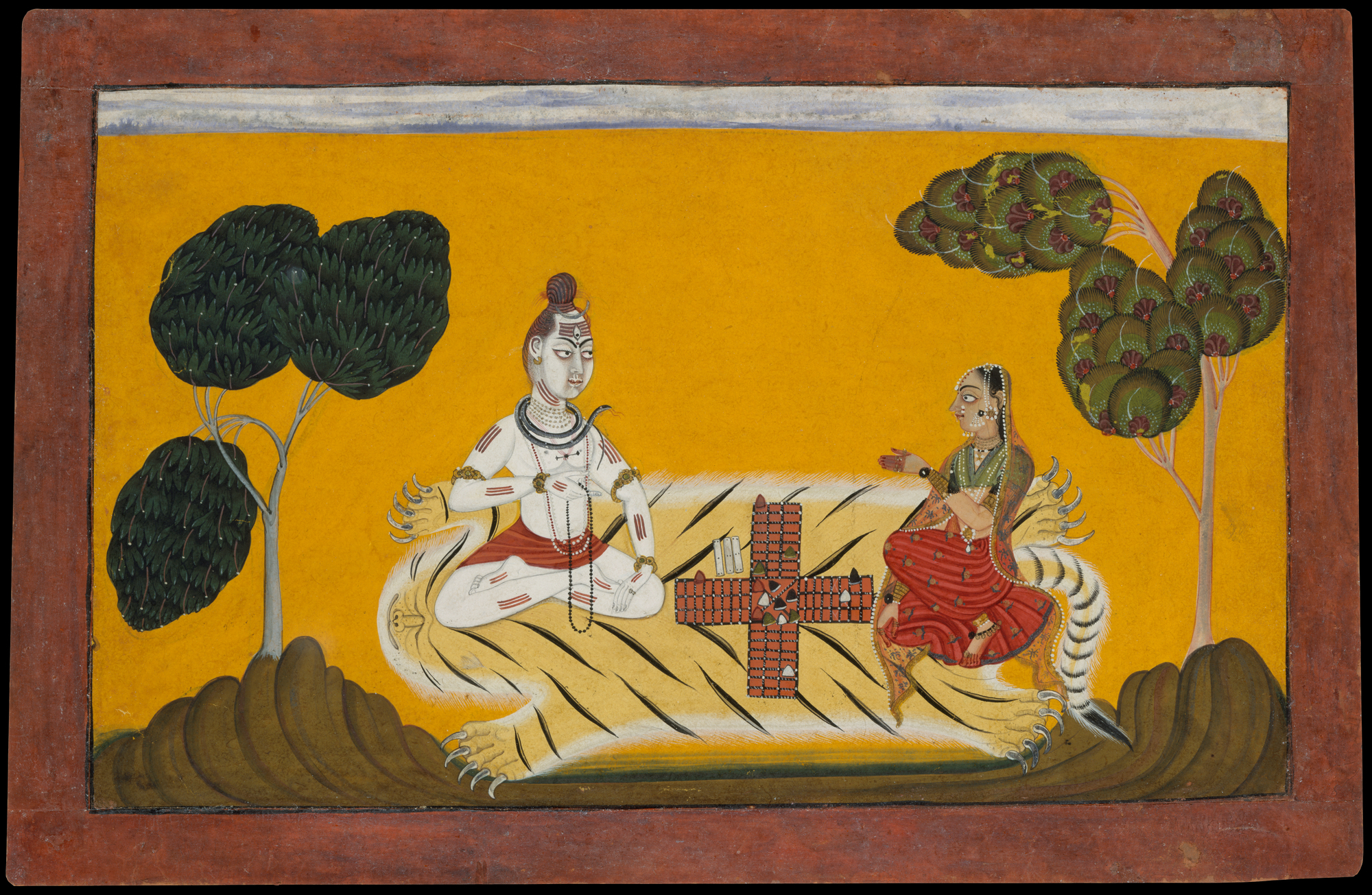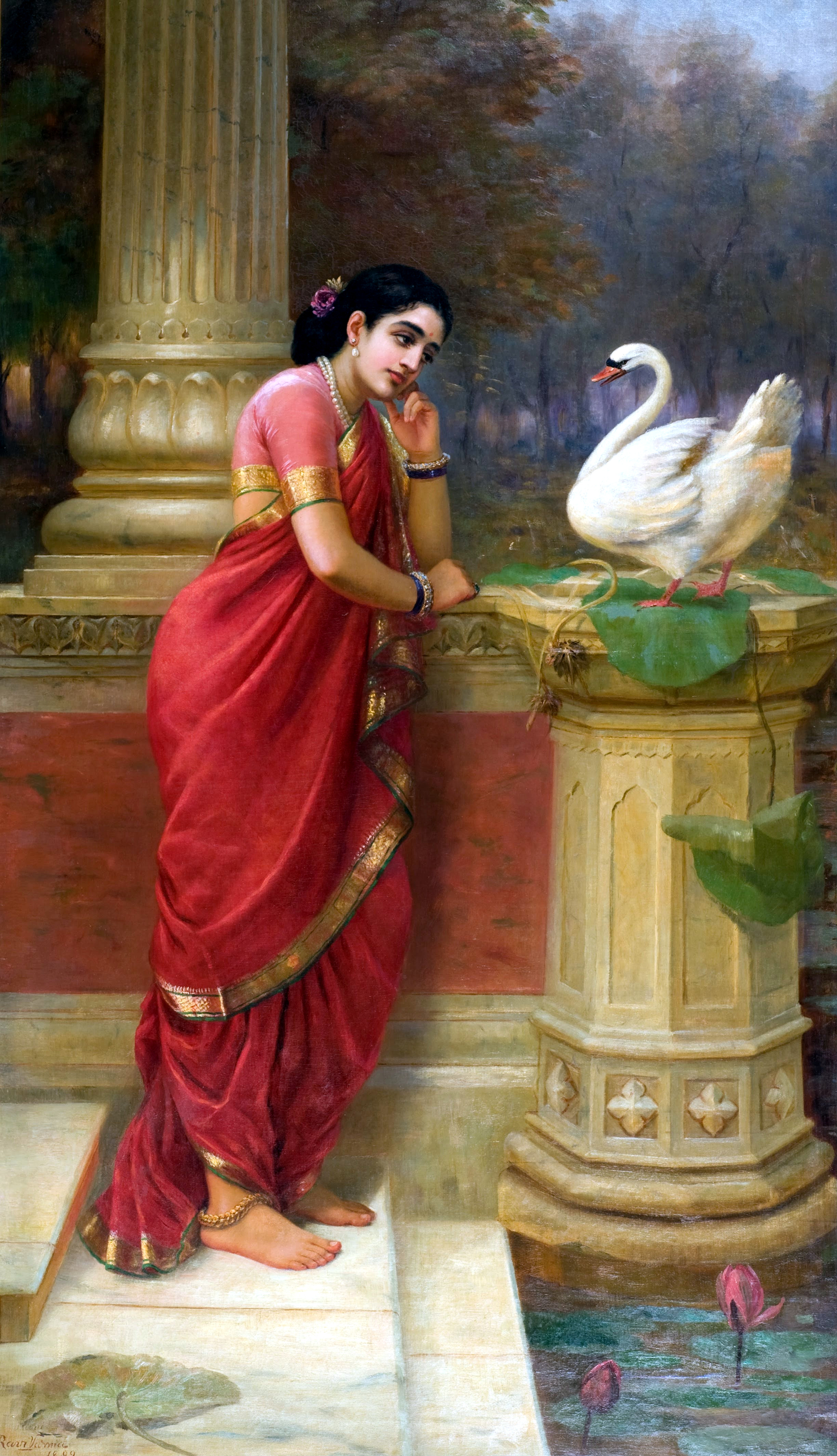I
am reading The Story of the Great War: Some
Lessons from the Mahabharata by Annie Besant. One of my favorite stories in
this section of reading was the story of Krishna dying. It was touching how he knew that he was going
to die, accepted, and was willing to die.
It was odd however, that Krishna did not do anything to stop the
destruction of his people. Given his power,
he should have been able to stop it. But
instead of stopping it, he accepted it.
It was nice at the end when the hunter he did not blame the hunter and
comforted him had shot him. Another
story that I liked from the reading was the story of the death of Draupadi and
the Pandavas. It was odd that the order
of deaths was as it was. It seemed that
Arjuna was a better person than Bhīma but he died first. Something that I liked in the story was the
devotion that Yudhishthira had for his dog.
It was touching that he would not abandon his dog to enter into
heaven. I also like how Yudhishthira said
that he had abandoned his family and Krishna but only after they had died because
he could not revive them. Then in the end
it turned out the dog was his father Dharma.
After that happened and Yudhishthira had completed his test in heaven
with the illusions, it was a happy ending to a story that at times had seemed
to be depressing.
.jpg) |
| Pandava's Journey to heaven (Source: Wikimedia) |


.jpg)















